Professional Courses
Industry-relevant training in Business, Technology, and Design
Categories
Interactive Games
Fun games to boost memory, math, typing, and English skills
Typing
Memory
Math
English Adventures
Knowledge
A Detailed Guide to the IB PYP Curriculum: Exploring the Primary Years Programme

Are you exploring primary school options for your child and keep hearing about the "IB PYP"? You are not alone. The International Baccalaureate Primary Years Programme (PYP) is gaining popularity worldwide, and for good reason.
But what exactly is it?
The PYP is a unique educational framework designed for young learners aged 3 to 12. It is built on the idea that children are natural inquirers and that learning should be an exciting journey of discovery, not just a process of memorizing facts from a textbook.
This guide will walk you through the PYP curriculum structure, its key learning areas, and how it prepares children for a lifetime of confident and curious learning.
The Three Big Ideas Behind the PYP
The PYP curriculum is built upon three foundational pillars that work together to create a holistic learning environment.
1. The Learner At the center of the PYP is the child. The curriculum emphasizes student agency, which means children are encouraged to take ownership of their own learning. They are taught to ask questions, explore their interests, and guide their own learning path, fueled by their natural curiosity.
2. Learning and Teaching Instead of teachers simply delivering information, the PYP focuses on a partnership between educators and students. The teaching style is inquiry-based, meaning learning is an active process of discovery, research, and exploration.
3. The Learning Community The PYP believes that learning is a social activity. It focuses on fostering strong collaboration among students, teachers, and families. This creates a supportive community where everyone shares responsibility for the learning journey.
Learning Across Subjects: The Six Transdisciplinary Themes
One of the most unique aspects of the PYP is its use of six transdisciplinary themes. Instead of teaching subjects like Science and History in separate, disconnected boxes, the PYP connects them through these broad, globally significant themes.
This encourages students to see the relationships between different subjects and apply their knowledge to real-world issues.
The six themes are: - Who we are: (Exploring identity, beliefs, and what it means to be human). - Where we are in place and time: (Exploring personal histories, geography, and the story of humankind). - How we express ourselves: (Exploring how we discover and express ideas, feelings, and creativity). - How the world works: (Exploring the natural world, scientific principles, and how humans interact with it). - How we organize ourselves: (Exploring human-made systems, societies, and the world of work). - Sharing the planet: (Exploring our rights and responsibilities in sharing finite resources).
The Building Blocks of PYP Learning
The PYP framework is made up of five essential elements that guide the learning process.
1. Knowledge This refers to the core subject-based learning that happens in areas like mathematics, science, language, social studies, and the arts.
2. Concepts These are the key ideas that are explored through inquiry to help students develop a deep and lasting understanding, rather than just surface-level knowledge.
3. Skills (The Approaches to Learning - ATL) The PYP places a strong emphasis on developing essential skills for lifelong learning. These include thinking skills, research skills, communication skills, social skills, and self-management skills.
4. Attitudes (The IB Learner Profile) The PYP actively promotes the ten attributes of the IB Learner Profile. These are not just words on a poster; they are embedded in the school culture to guide both academic and social development. The goal is to help students grow into individuals who are: - Inquirers - Thinkers - Communicators - Risk-takers - Knowledgeable - Principled - Caring - Open-minded - Balanced - Reflective
5. Action This is the culmination of the learning process. Students are encouraged to take meaningful action based on what they have learned, whether it is a small change in their own behavior or a larger community project.
What Does a PYP Classroom Look Like?
A PYP classroom is a vibrant and active learning space. The teaching style is centered on structured inquiry.
Rather than standing at the front of the class and lecturing, teachers act as facilitators. They design "provocations" to spark curiosity, pose big questions to guide discussions, and support students as they work on collaborative, project-based tasks. Learning is often student-driven and takes place in real-life contexts.
Assessment in the PYP: Focused on Growth, Not Grades
The PYP does not rely on formal, high-stakes written examinations. Instead, assessment is an ongoing process that is embedded in everyday learning.
Teachers use a variety of methods to gauge a student's understanding and progress. This includes: - Observing students as they work. - Collecting portfolios of their best work. - Using student reflections to understand their thinking process. - Consulting with parents to get a holistic view of a child's development.
The focus is always on supporting each learner’s conceptual and skill development, rather than on ranking or grading them against their peers.
The PYP Exhibition: A Culminating Experience
In the final year of the PYP, students participate in a collaborative "Exhibition." This is a long-term, in-depth project where they explore a local or global issue that they are passionate about.
They conduct research, present their findings to the school community, and often create an action plan to address the issue. The Exhibition is the grand finale of the PYP journey, showcasing how students have integrated their knowledge, skills, and the attributes of the Learner Profile.
The Benefits of PYP for Students and Families
Children who are educated under the PYP framework often develop strong critical thinking skills, the ability to reflect on their own learning, and a deep sense of social responsibility.
They become adept at asking good questions, researching topics with depth, and acting in an ethical and considered way. Parents often report that PYP learners develop confidence, empathy, and a high level of self-awareness. These traits not only support their academic journey into middle and high school but also prepare them to be engaged and responsible global citizens.
The flexible structure of the PYP can also be aligned with local or national educational standards. At AllRounder.ai, we advocate for using supportive tools like interactive quizzes, project templates, and competency frameworks that mirror the PYP's inquiry cycles.
You can explore PYP-aligned resources on: - The AllRounder.ai main portal - AllRounder.ai courses for early years up to Grade 8 - AllRounder.ai educational games that support ATL skills and the learner profile
Is the PYP the Right Choice for Your Child?
The IB Primary Years Programme offers a rich and flexible framework that nurtures young learners into becoming curious, reflective, and responsible individuals.
Anchored by inquiry, transdisciplinary themes, and student agency, it prepares children not just for the academic challenges of middle or secondary school, but for a lifetime of learning and engagement with the world.
With proper implementation by trained educators and supportive tools, students can thrive both academically and personally within an internationally-minded environment. It is a valuable choice for families seeking a future-ready primary education pathway for their children.
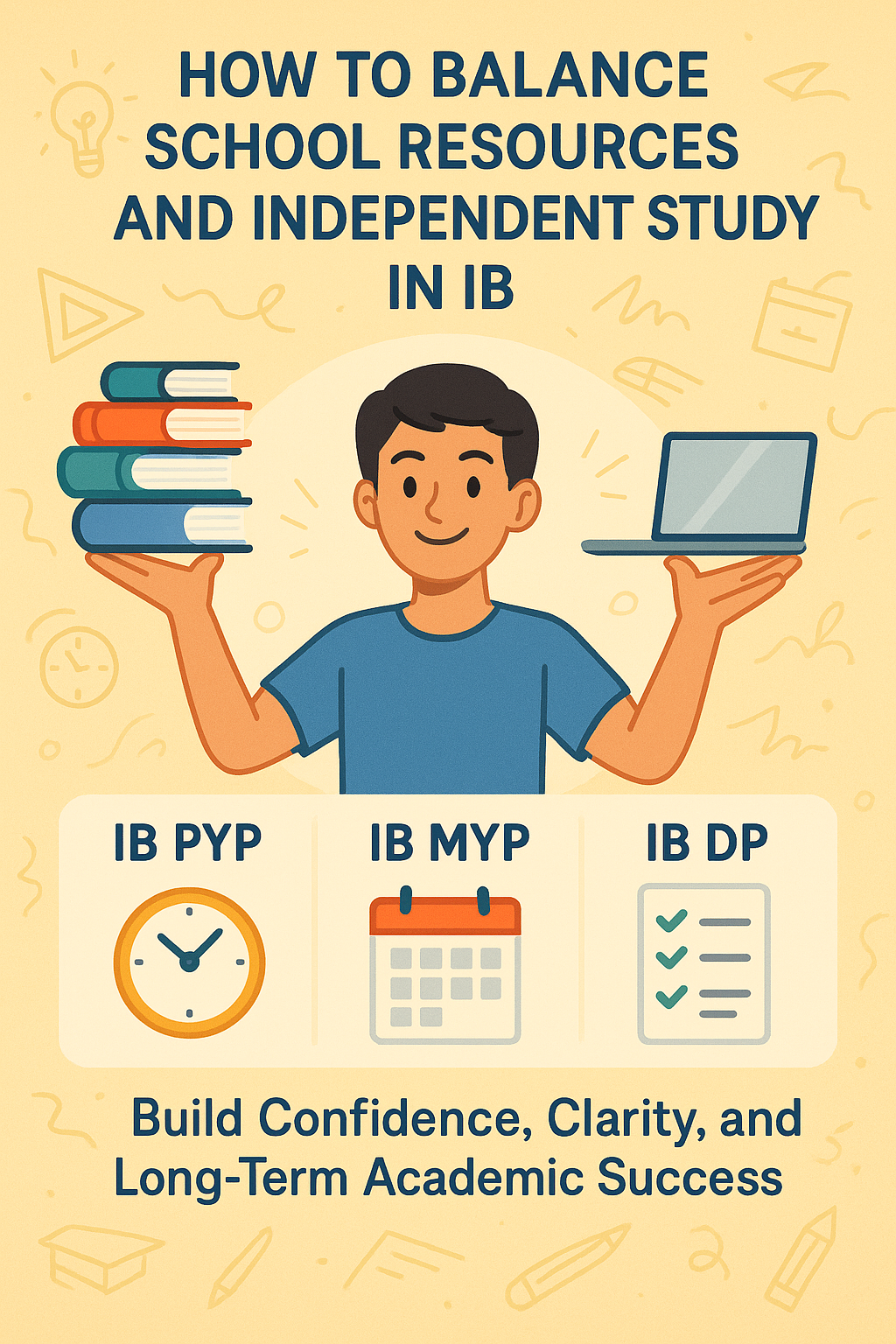
Learn how IB students can balance school resources and independent study across IB PYP, MYP, and DP to build...
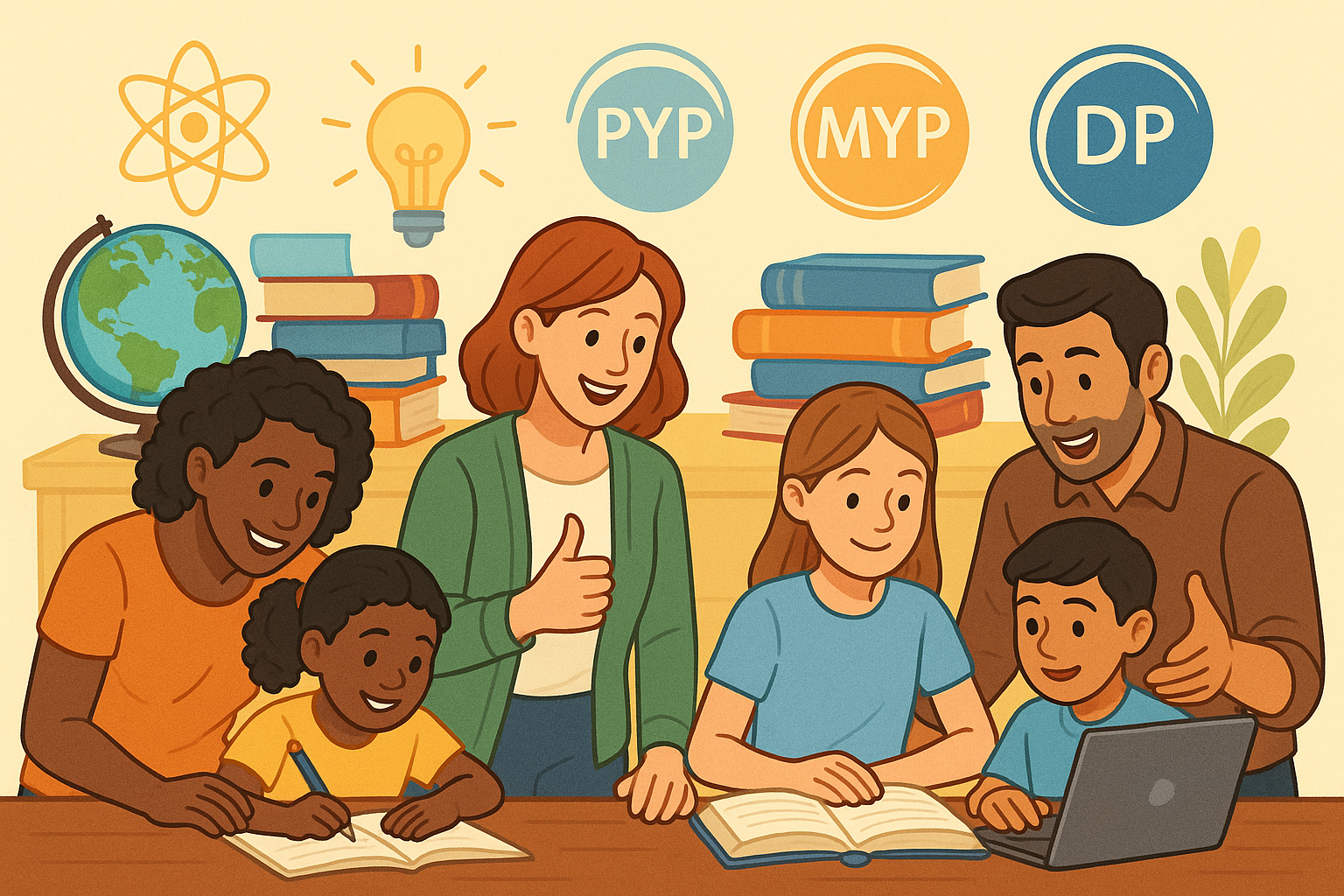
Learn how parents can identify quality academic support for IB learners that aligns with IB PYP, MYP, and DP values...
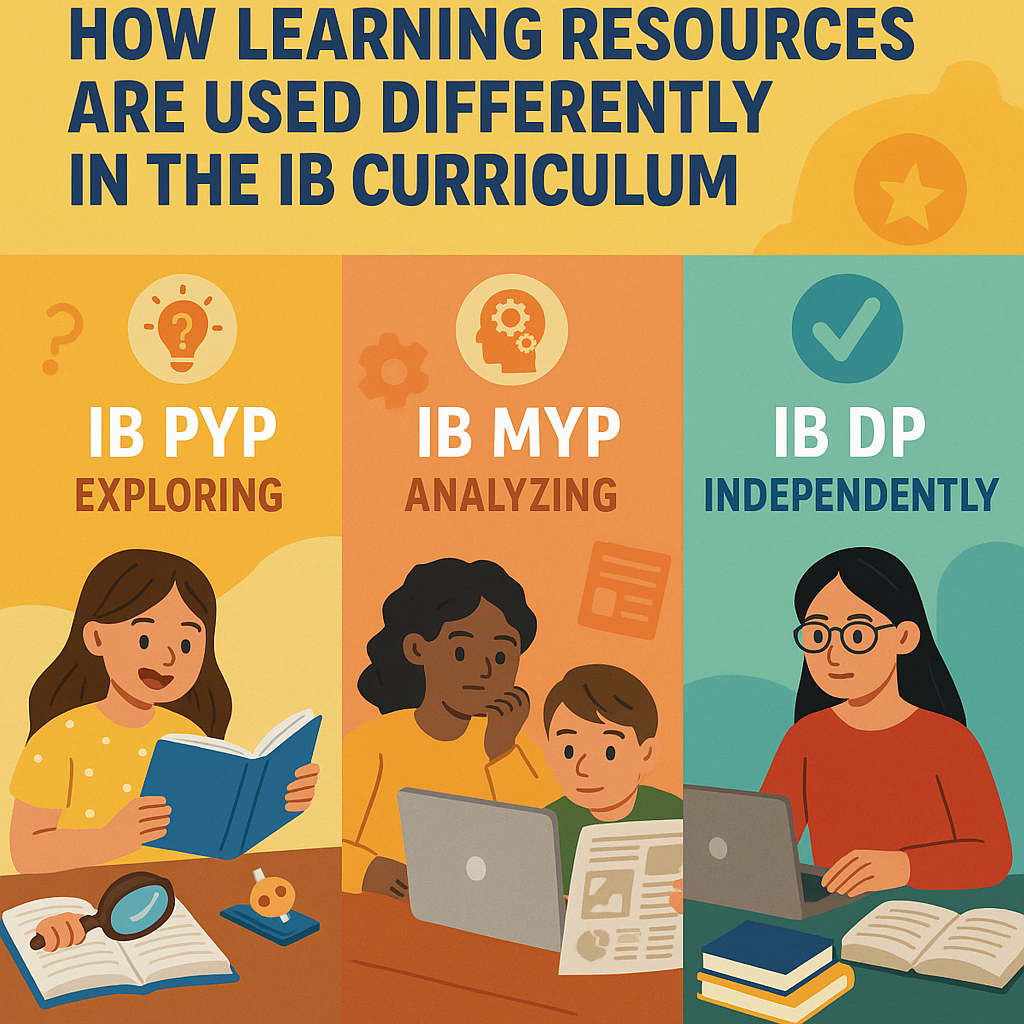
Discover how learning resources are used differently in the IB curriculum and how IB PYP, MYP, and DP students...
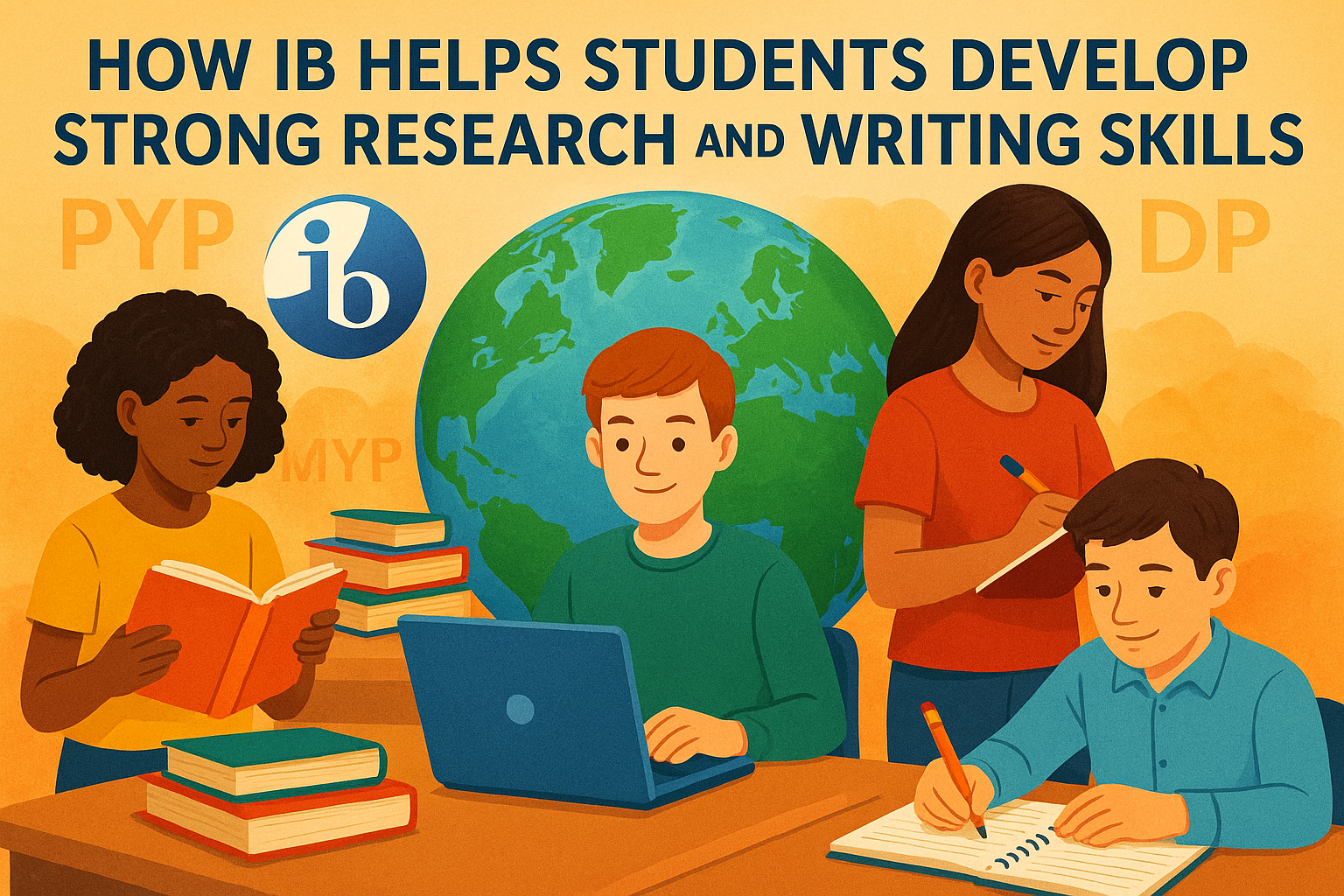
Learn how the IB curriculum helps students develop strong research and writing skills across IB PYP, MYP, and DP,...
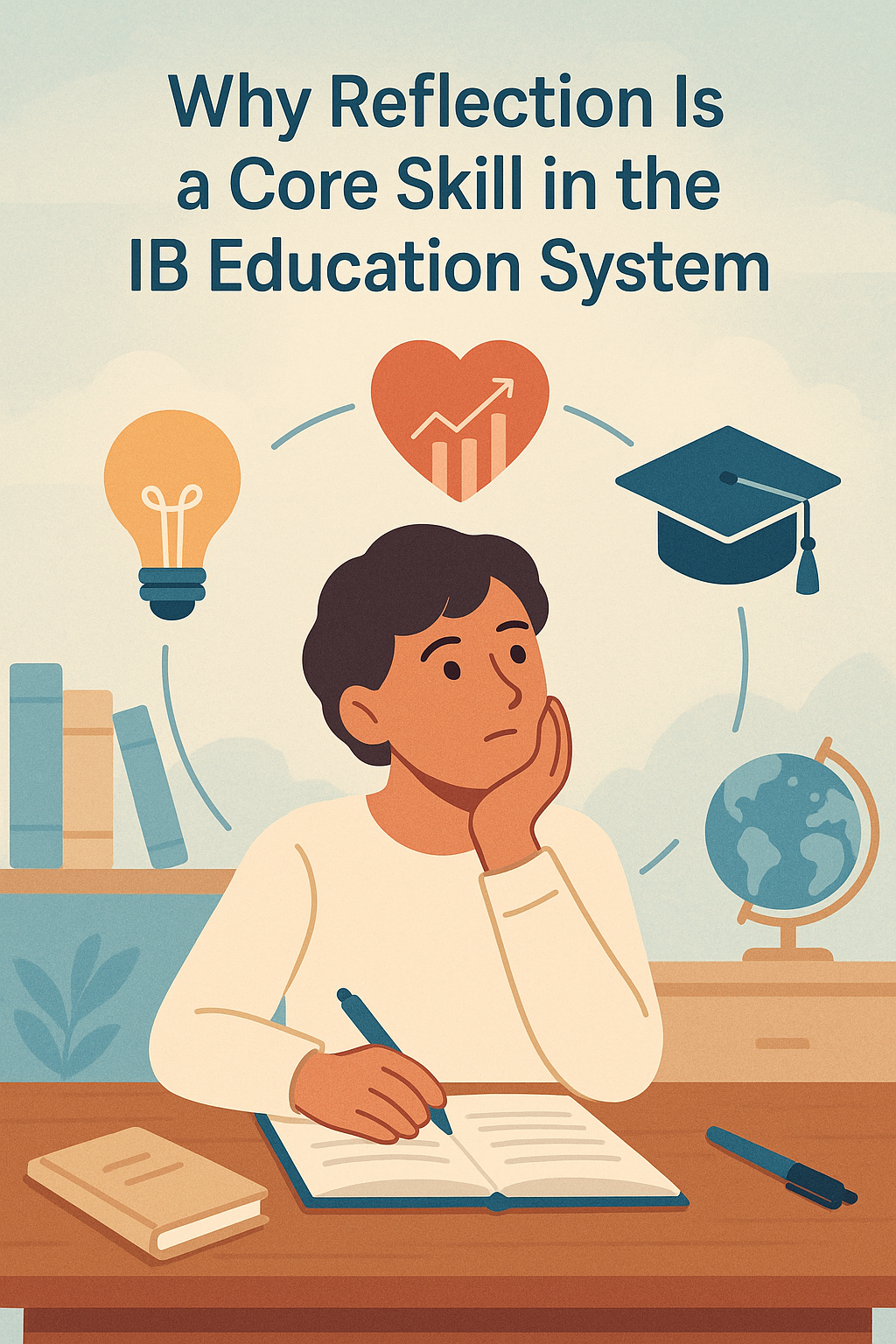
Discover why reflection is a core skill in the IB education system and how it supports independent thinking,...
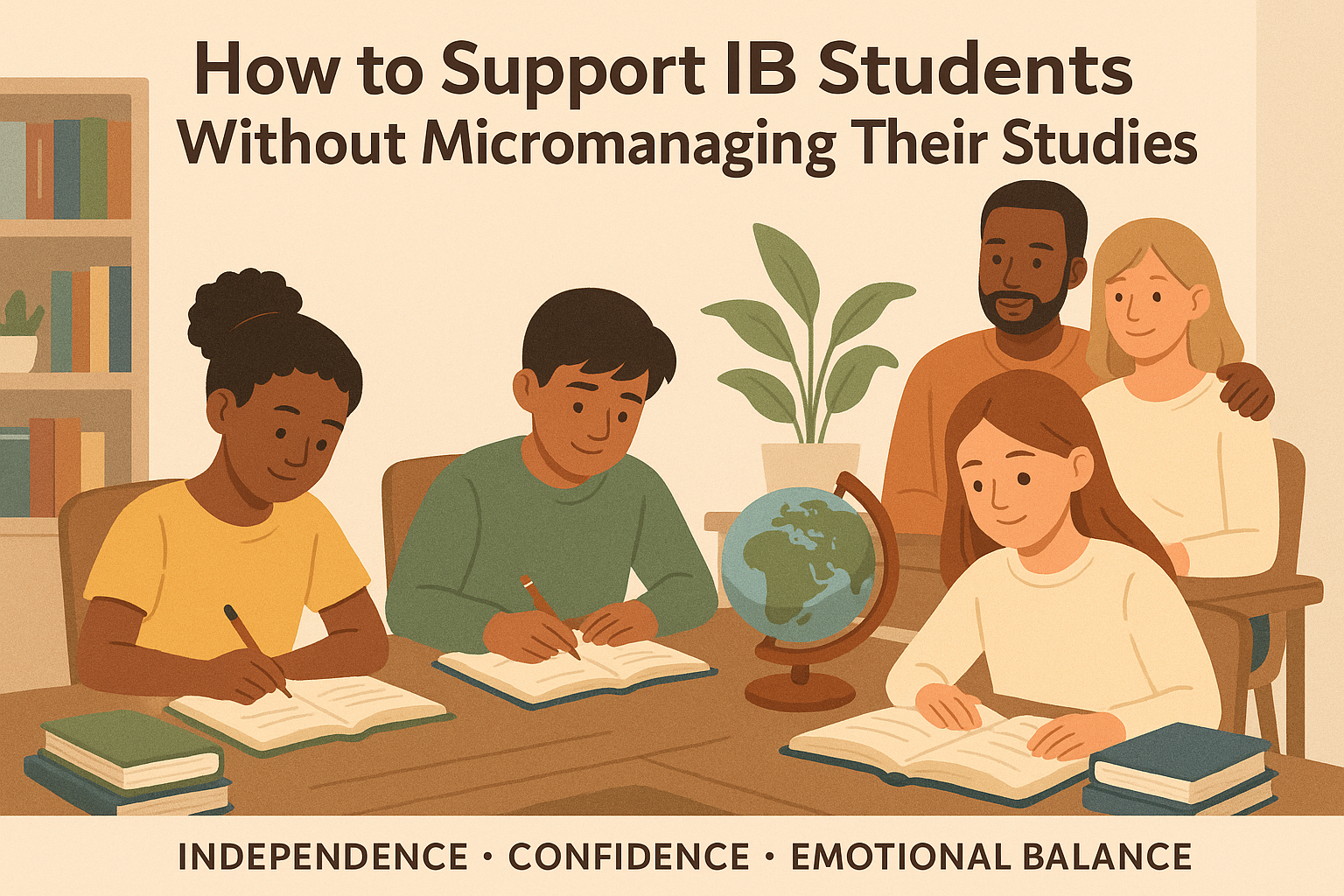
Learn how parents can support IB students across IB PYP, MYP, and DP without micromanaging, while building...
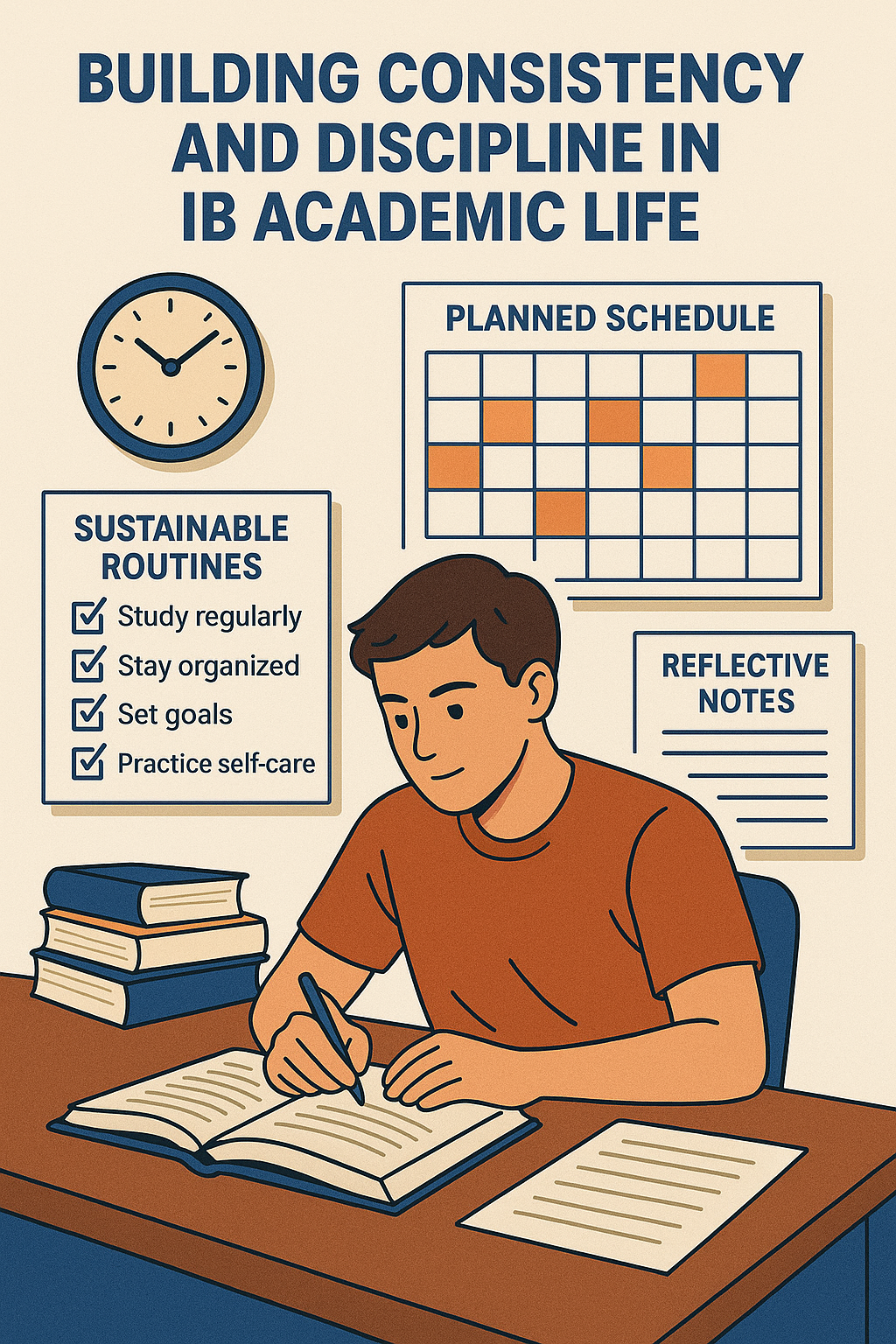
Learn how IB students can build consistency and discipline through sustainable routines, reflective habits, and...
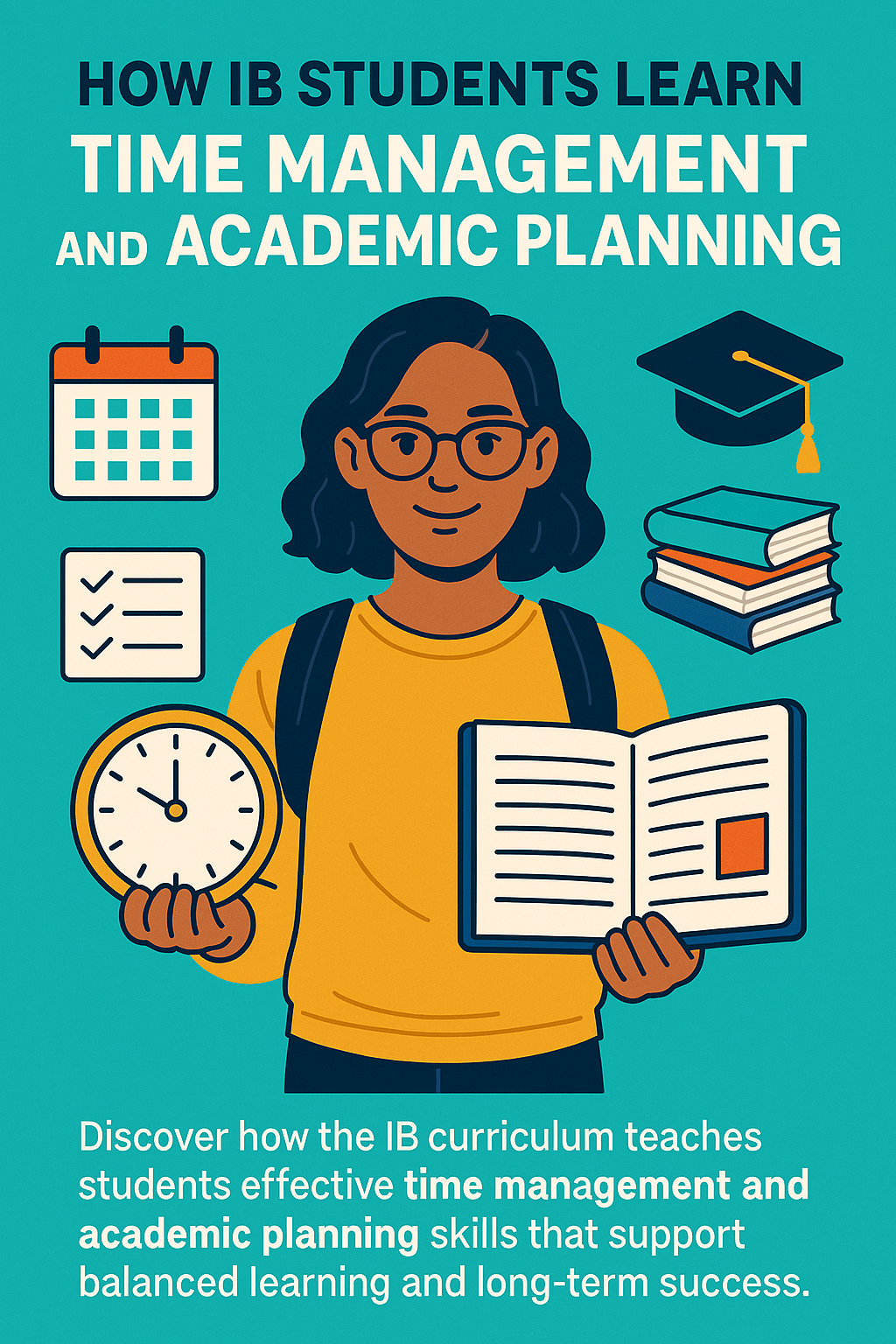
Discover how the IB curriculum teaches students effective time management and academic planning skills that support...
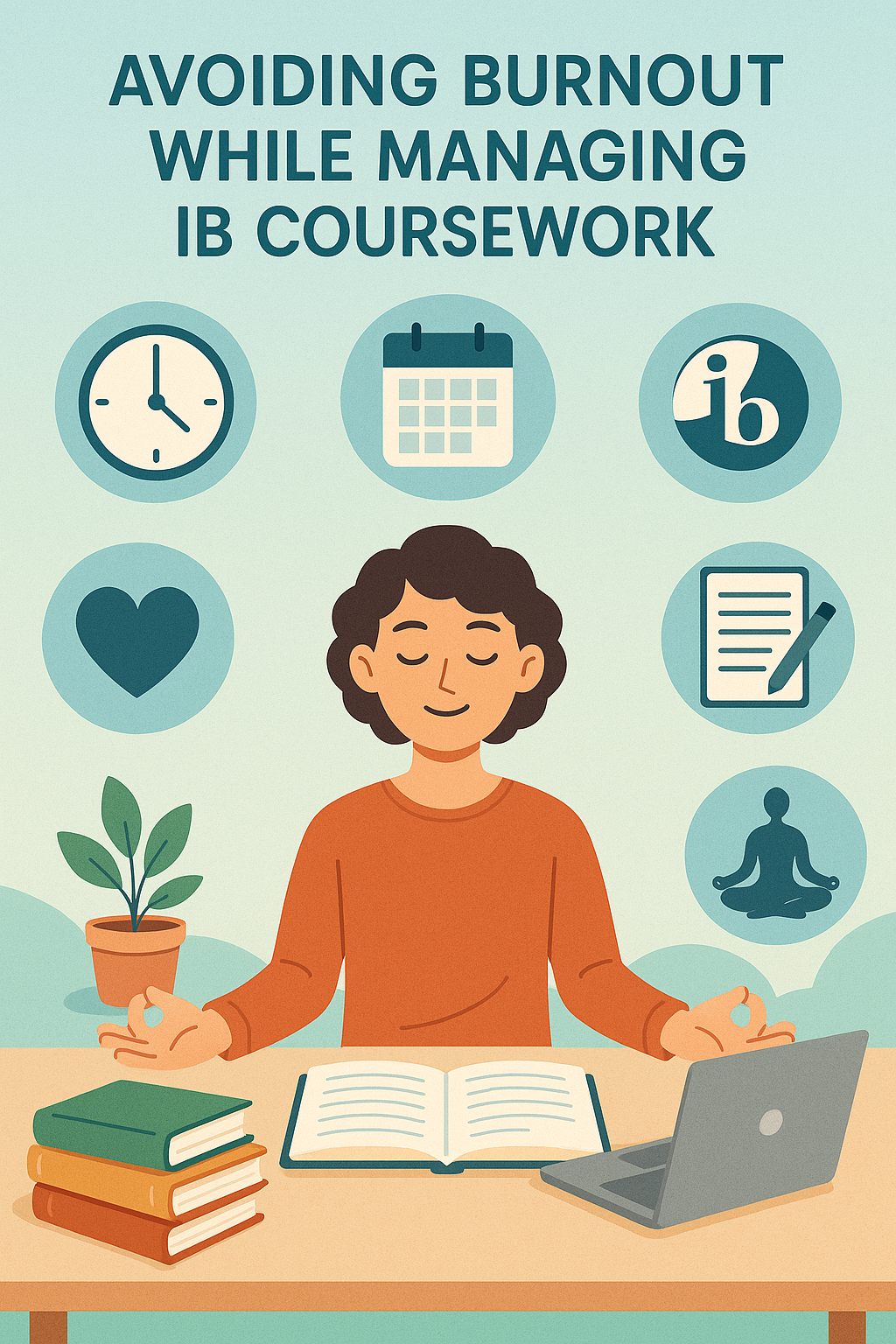
Learn how IB students can avoid burnout while managing coursework by building balanced routines, aligning study...
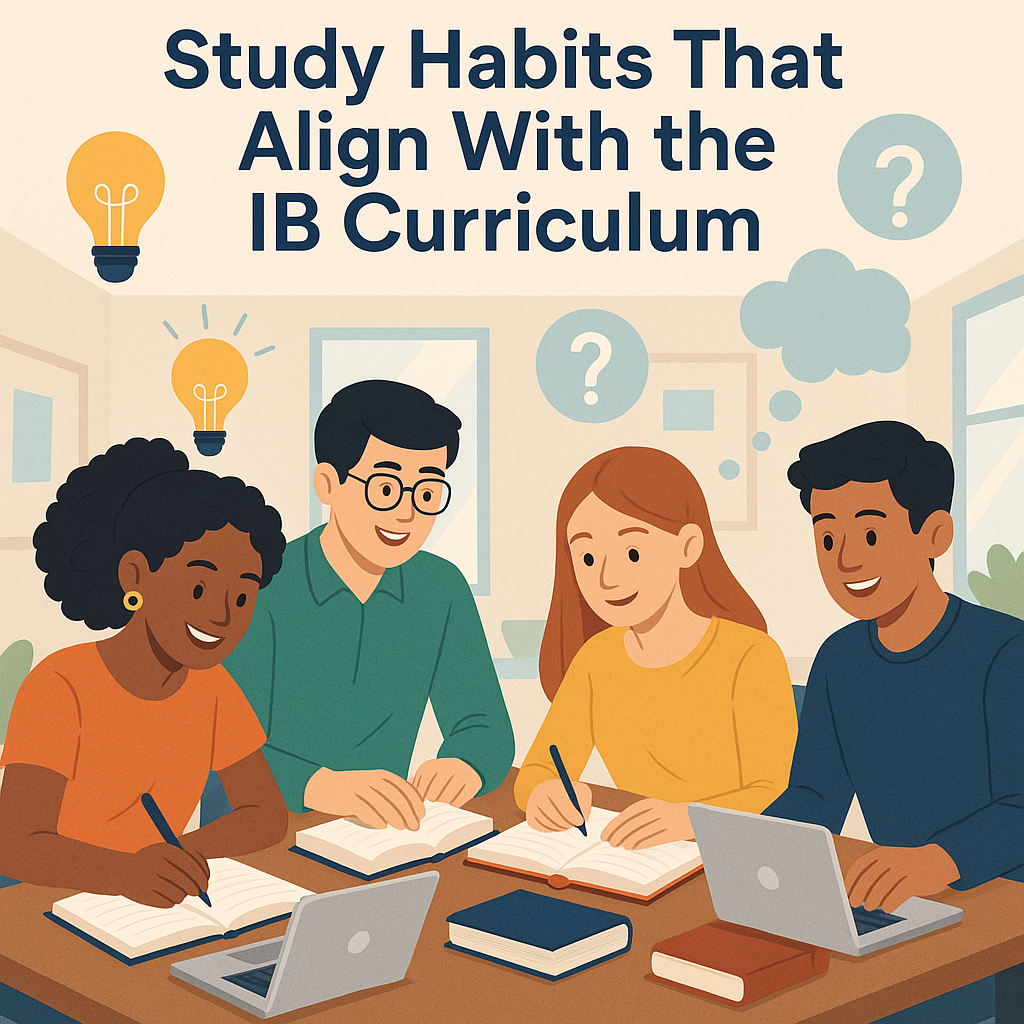
Discover study habits that align with the IB curriculum and help students succeed through inquiry-based learning,...
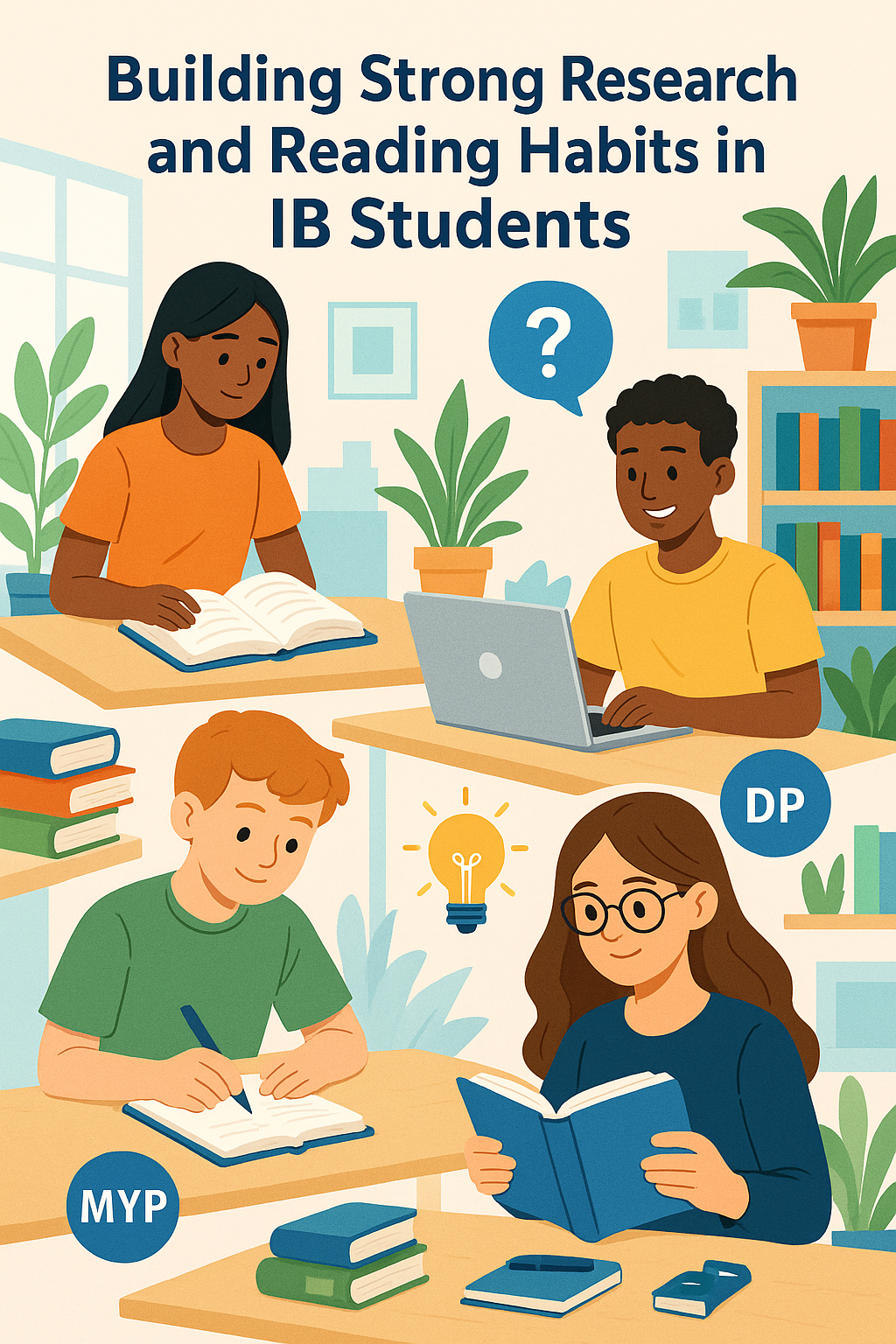
Learn how the IB curriculum builds strong research and reading habits through inquiry-based learning, reflection,...
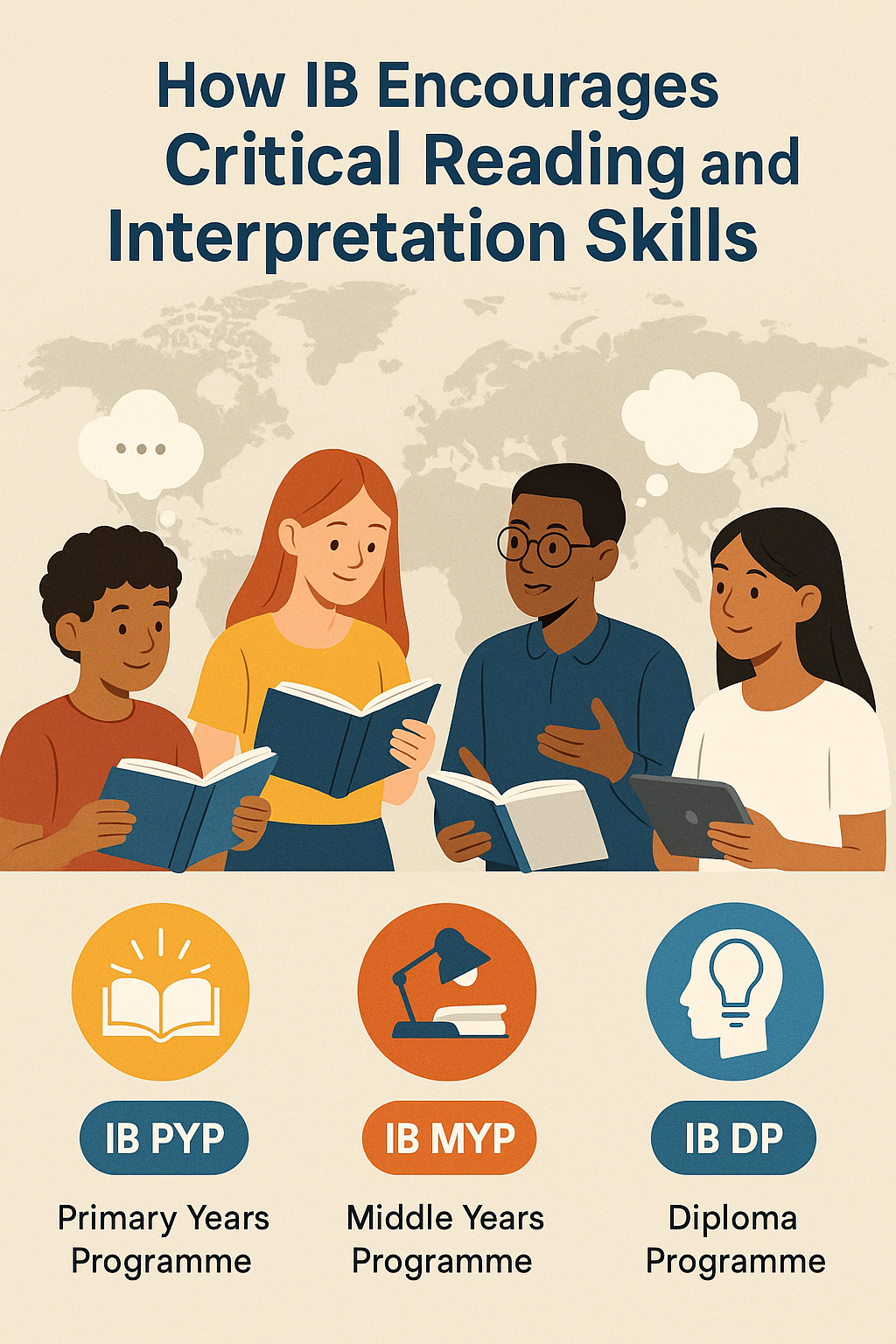
Discover how the IB syllabus builds strong critical reading and interpretation skills through inquiry-based...
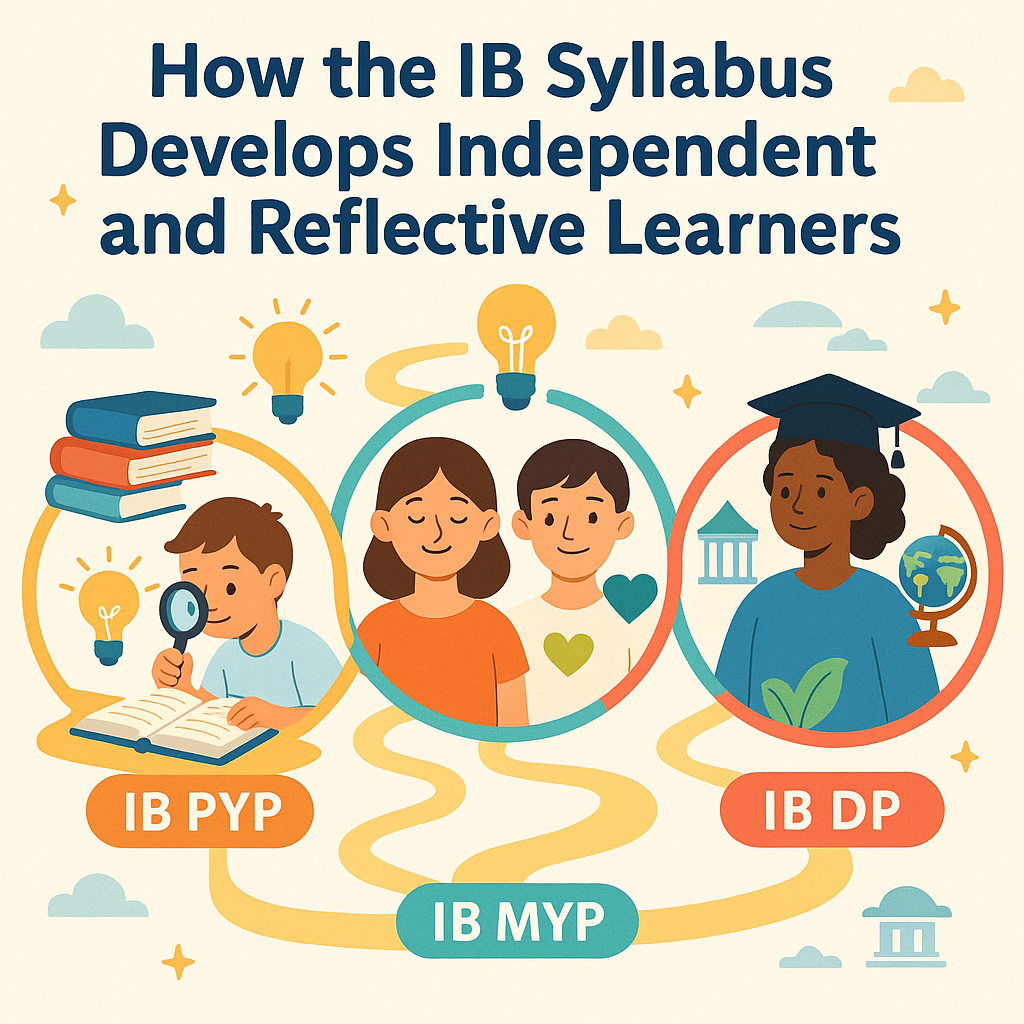
Discover how the IB syllabus builds independent and reflective learners through inquiry-based learning, emotional...
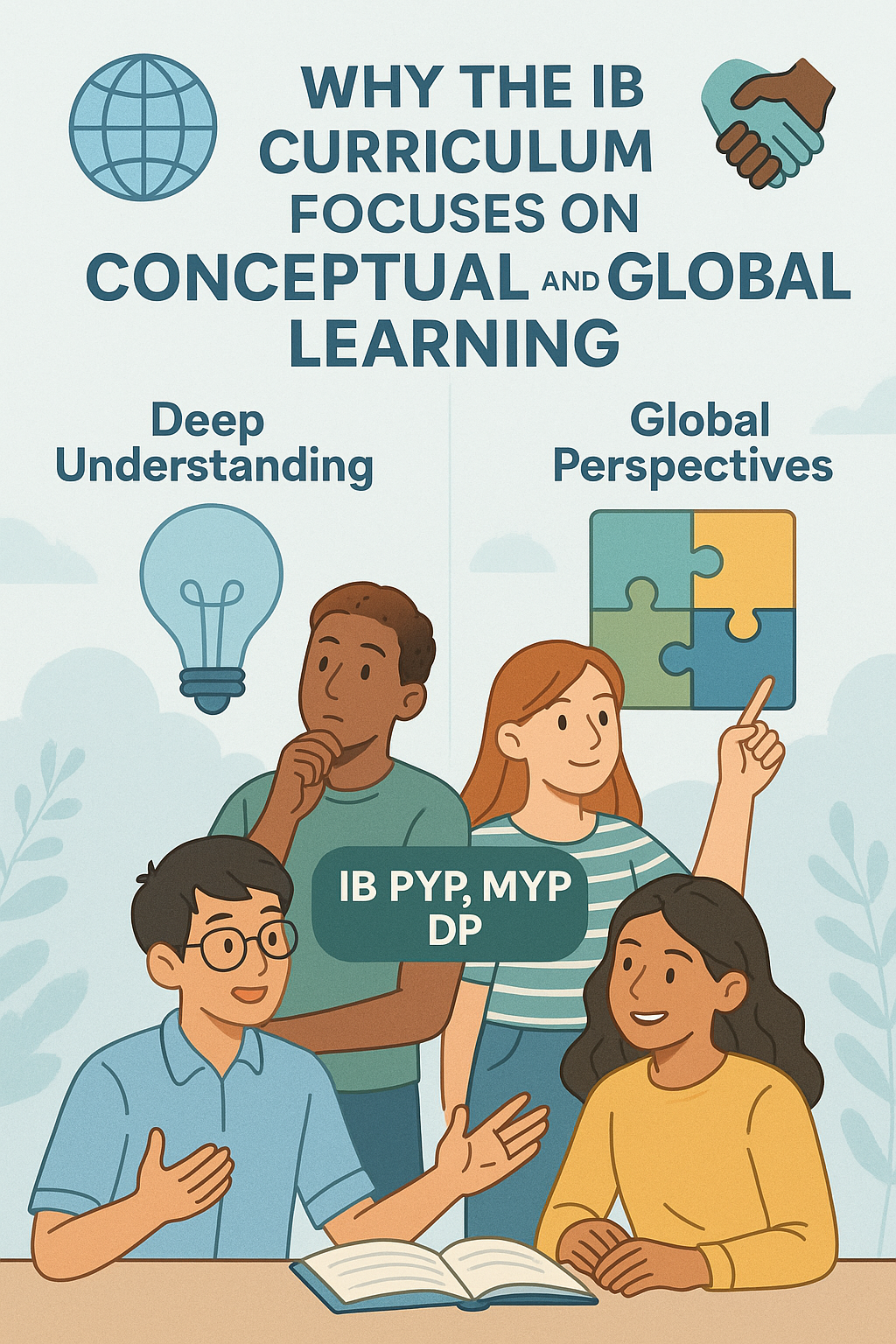
Learn why the IB curriculum focuses on conceptual and global learning, how IB PYP, MYP, and DP develop deep...
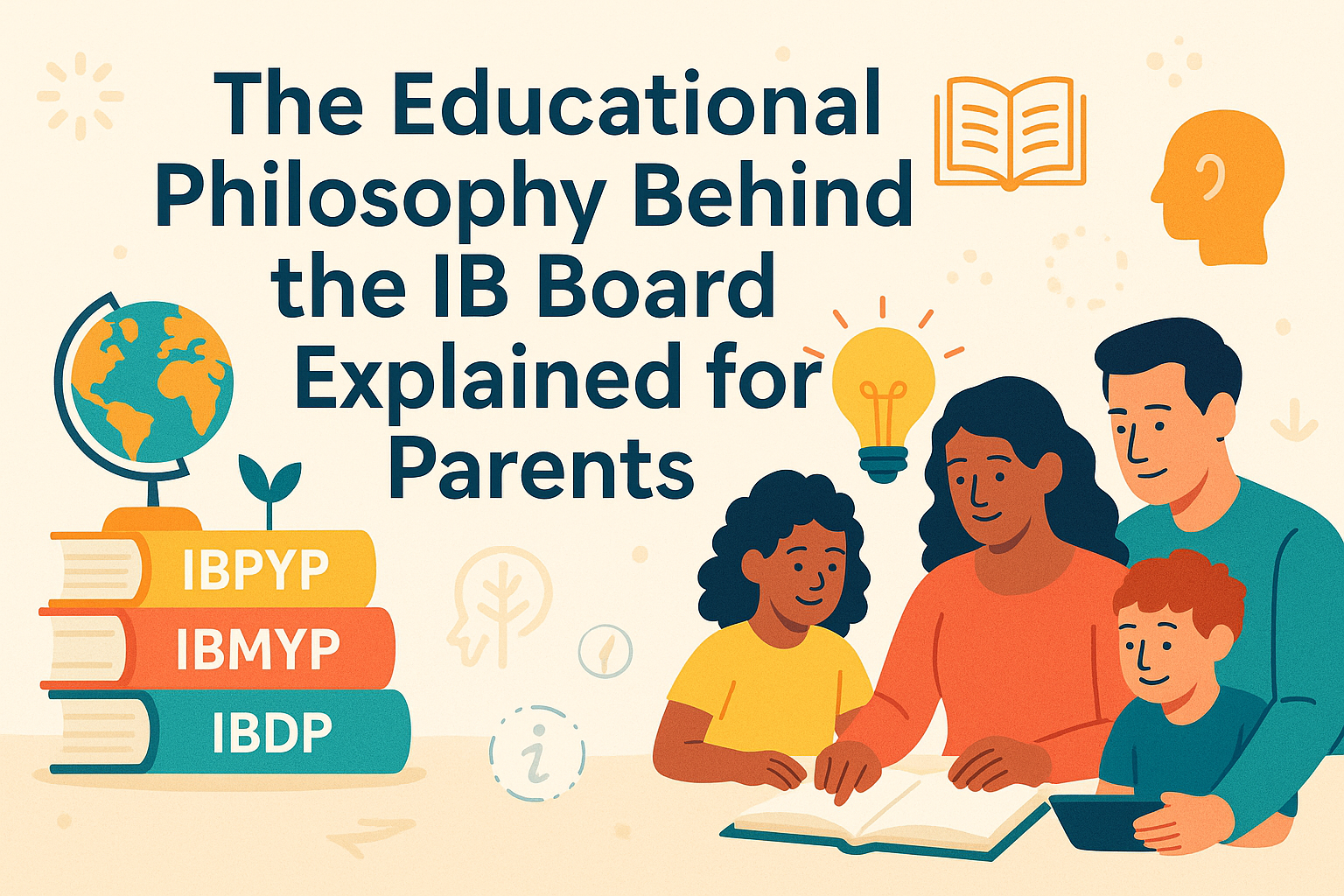
Understand the educational philosophy behind the IB board, including IB PYP, MYP, and DP, and learn how IB learning...
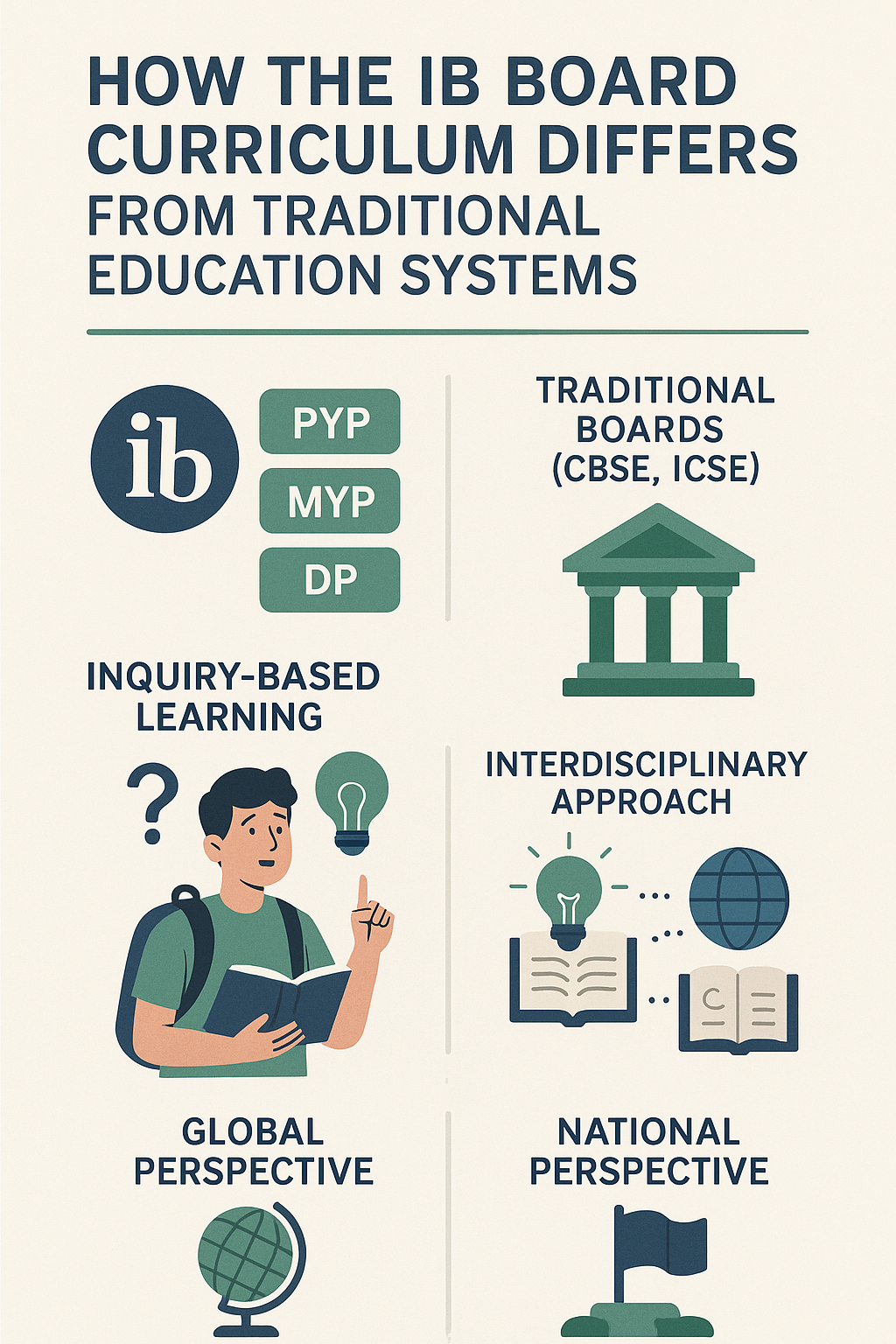
Explore how the IB board curriculum differs from traditional education systems like CBSE and ICSE, and understand IB...
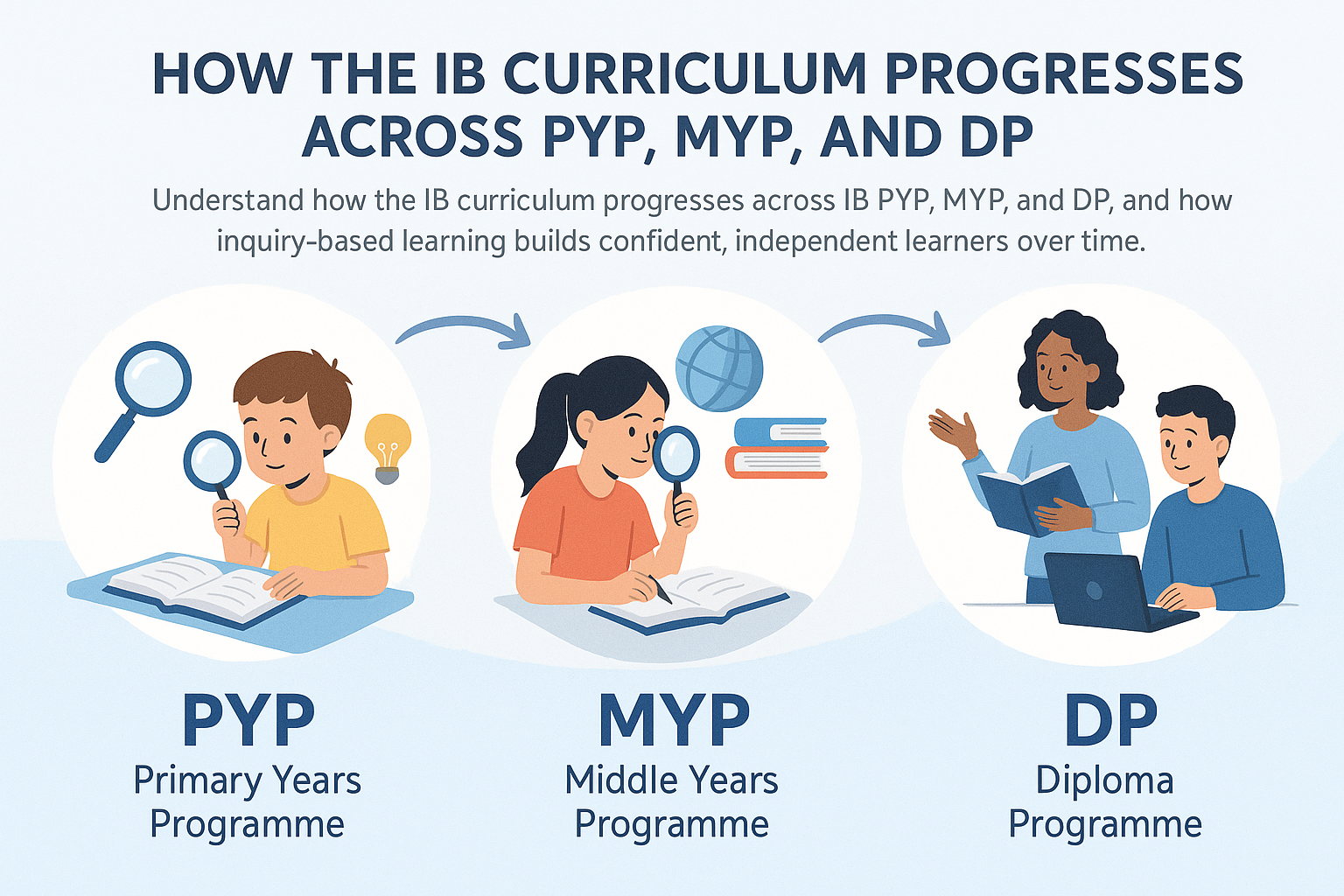
Understand how the IB curriculum progresses across IB PYP, MYP, and DP, and how inquiry-based learning builds...
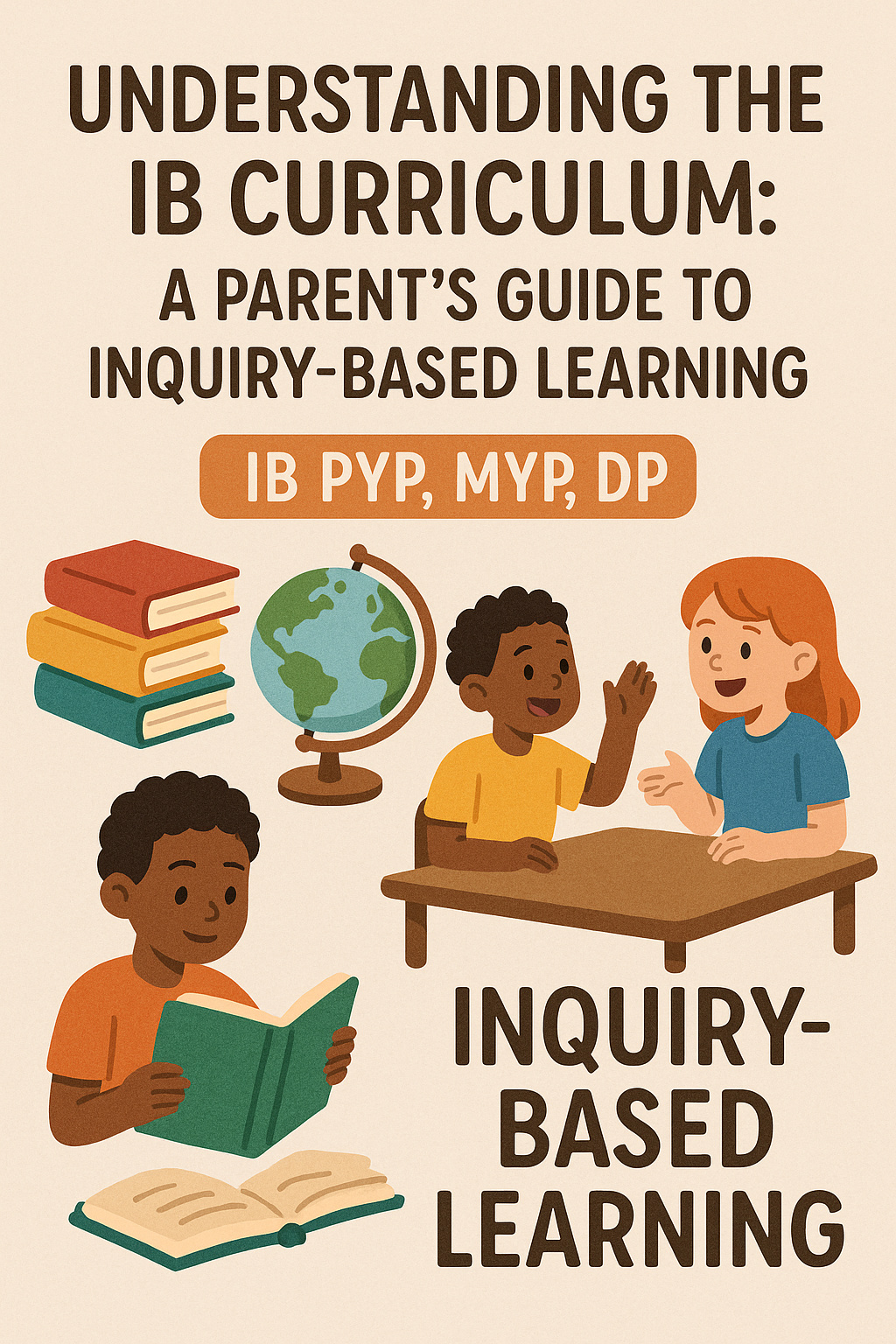
A parent friendly guide to understanding the IB curriculum, IB PYP, MYP, and DP, and how inquiry based learning...
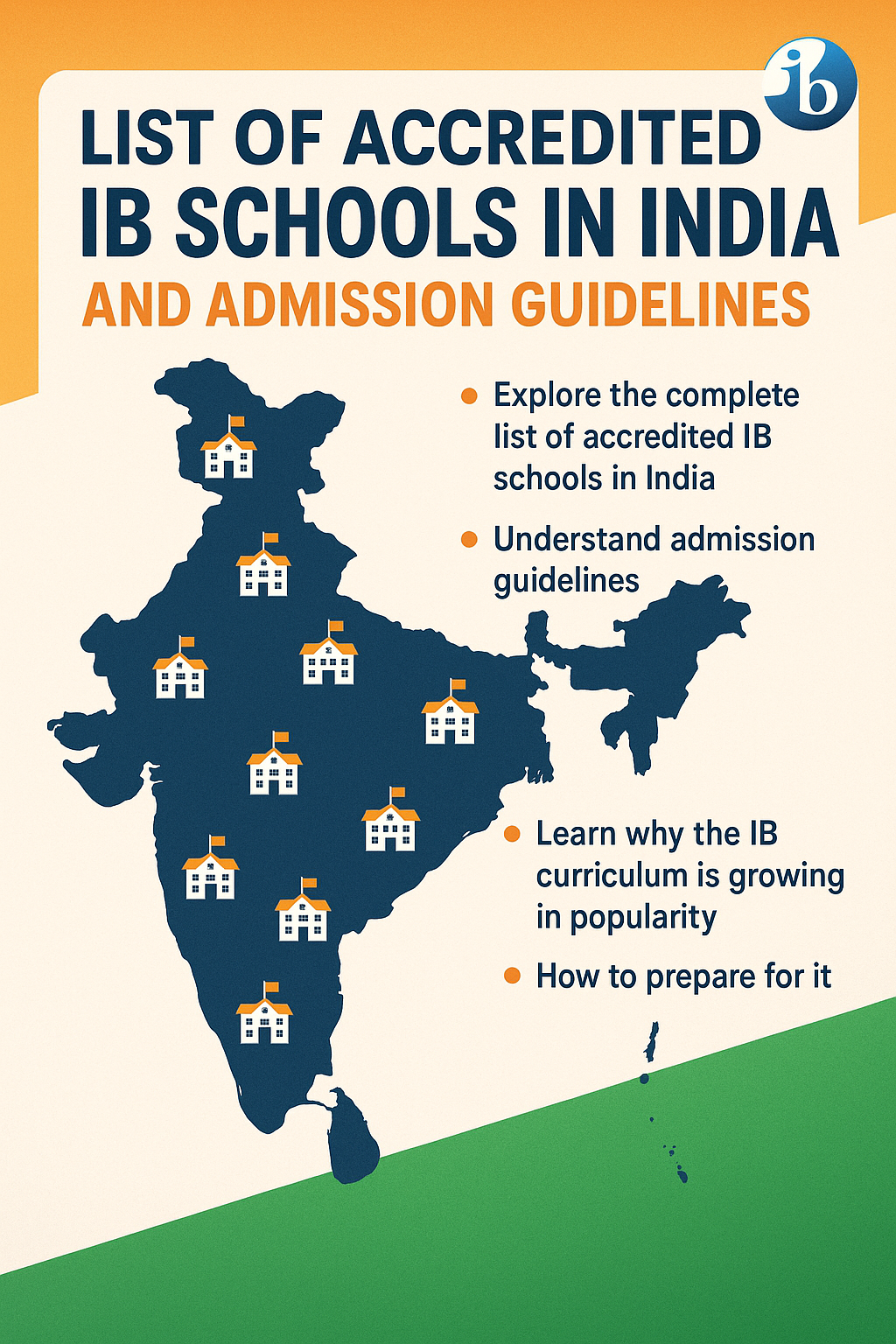
Explore the complete list of accredited IB schools in India and understand admission guidelines. Learn why the IB...

A complete guide for parents in Kolkata to understand the IB curriculum. Learn about PYP, MYP, IBDP stages,...

Discover the IB Diploma Programme curriculum, subject groups, core requirements, and benefits of IB. Learn how...

Thinking of joining the IB Programme? Learn about its rewards, challenges, and how AllRounder.ai can help you...

Discover the IB PYP curriculum framework, key learning areas, transdisciplinary themes, and how it nurtures lifelong...

Explore the IB syllabus structure, subject groups, and core components like TOK, CAS, and EE. A complete guide to IB...

Discover how the IB curriculum prepares students for Ivy League and top global universities. Explore skills,...

Explore how to choose IB subjects wisely. Learn about IB subject groups, HL vs SL, and combinations aligned with...

Understand the 10 IB Learner Profile attributes and why they matter in shaping global, future-ready students.

A detailed comparison of IB, CBSE, and ICSE boards. Learn about curriculum, teaching methods, and which board best...

Discover the IB Board – its global recognition, programs, and unique education philosophy.
Resources
-
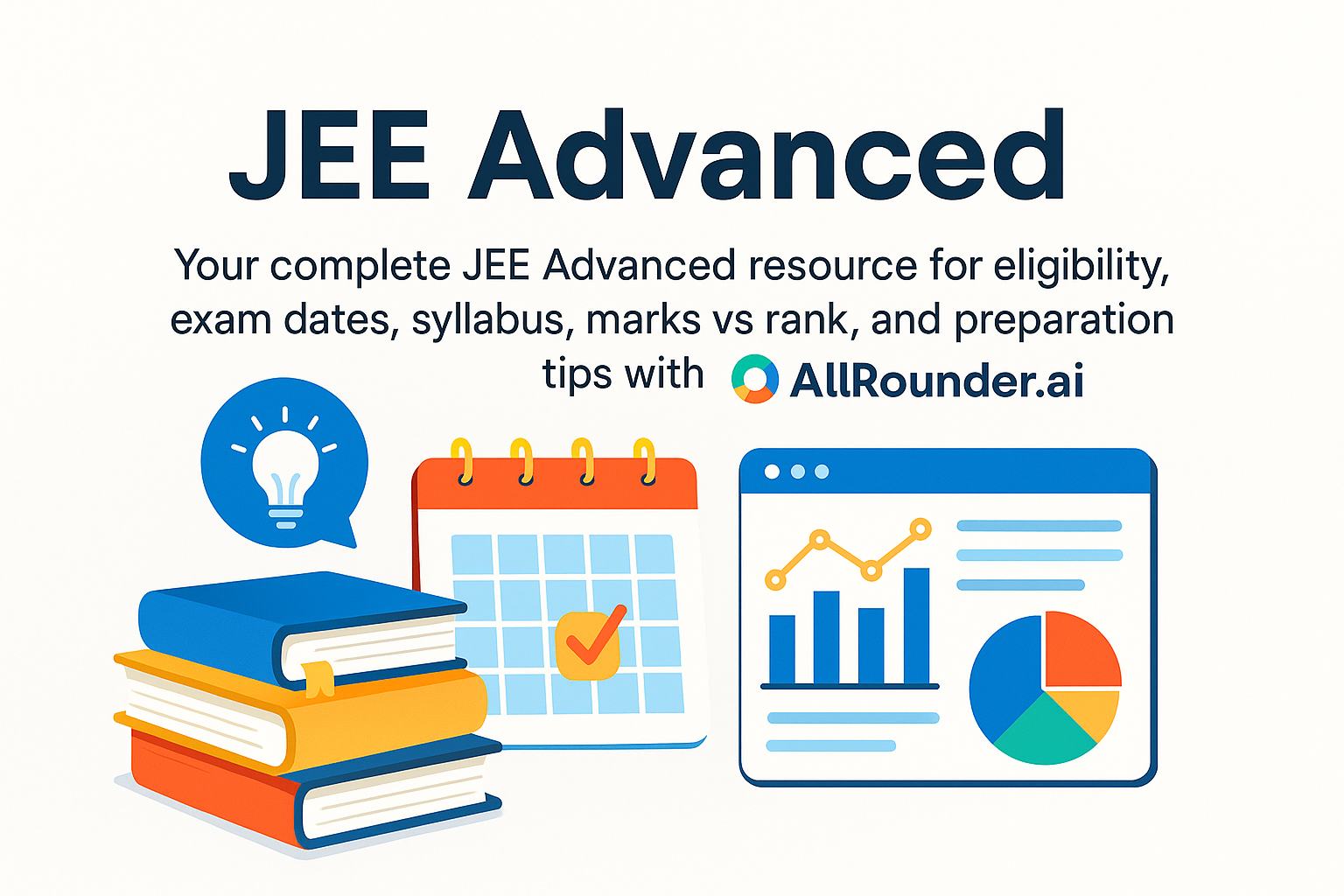
Your complete JEE Advanced resource for eligibility, exam dates, syllabus, marks vs rank, and...
-
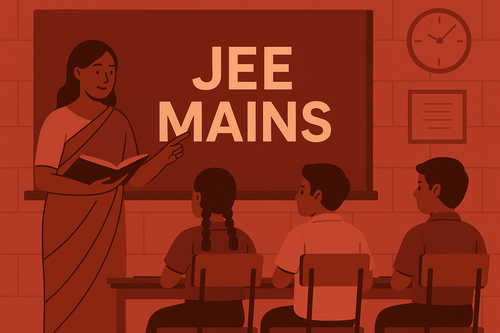
Understand the entire JEE Main process, from application and eligibility rules to the exam...
-

Explore the IB Board – a global curriculum emphasizing holistic, student-centered learning...
-

Learn about CBSE – India’s national school board offering a standardized curriculum, NCERT...
-

Explore everything about the ICSE board – its curriculum, subjects, exam format, and academic...
